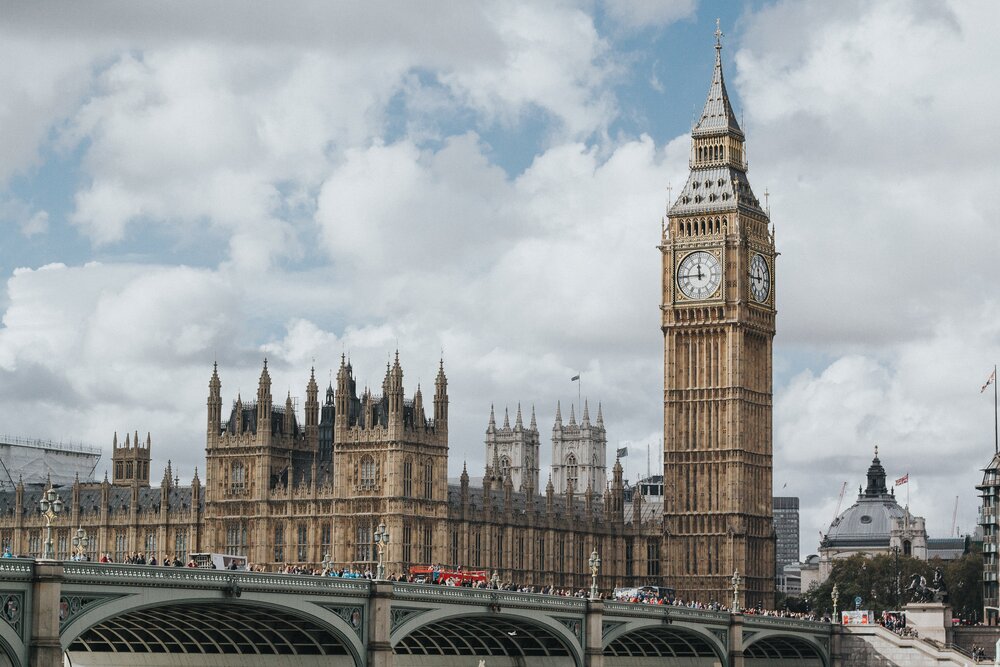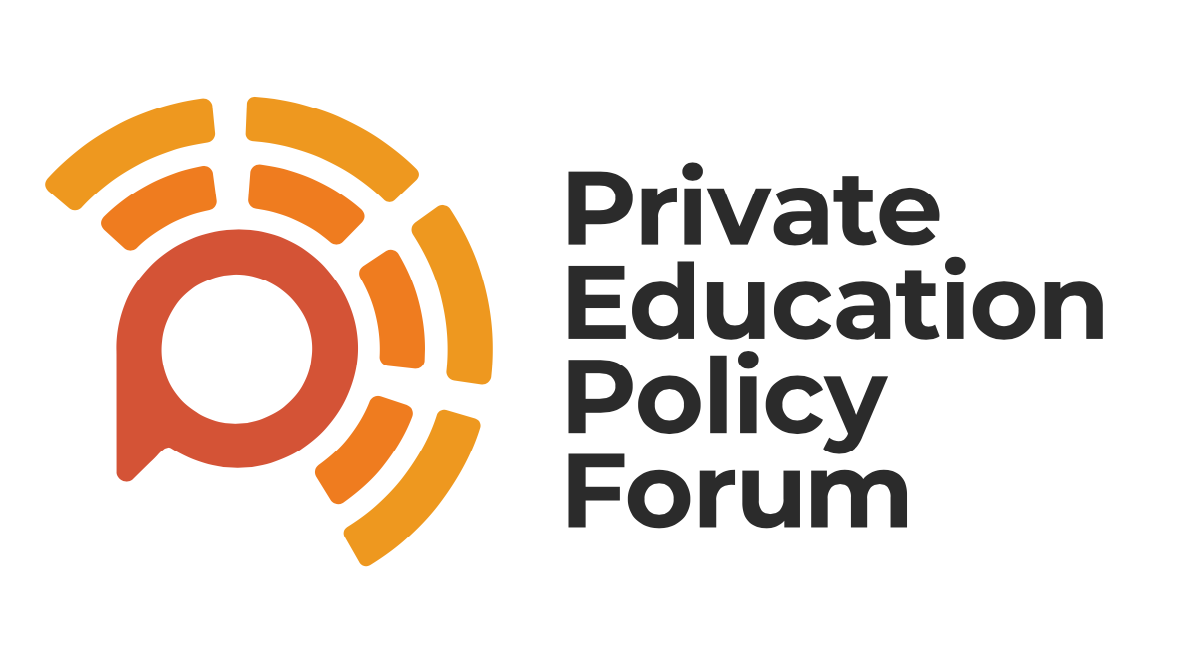
Civil servant*
The row over exam results this summer was the final straw for me. While the gross unfairness of some of the outcomes has now been reversed, the saga laid bare the mind-boggling extent of educational inequality in our country.
I’ve decided to speak out with my thoughts. But the sharp-eyed among you will see that this blog is published anonymously – why is it so hard for people to talk about this issue openly?
For me, it comes down to three reasons: people, privilege and policy.
First, people. We all need to rub along with our colleagues, bosses and neighbours, and the last thing we want to do is to openly question how they live their lives.
For many of us in the professions or managerial roles, we are surrounded by people who either went to private schools, send their children to them, or both. To make the case for private school reform is to say clearly that they have gained unearned advantages, either for themselves or their children.
That is an uncomfortable place to be.
Next, privilege. I’m a white, straight, cis, (now) middle class man. I have it pretty good in society. So it can feel a bit rich for me to be making a big deal about the one structural advantage I don’t have.
I also did very well out of the current set-up, going to a great comprehensive and becoming the first in my family to go to university.
Some would say I don’t have a right to complain when I have done so well out of the system. It’s a nonsense argument but it’s easy to make, and can be tedious and intrusive to deal with.
But it’s only made me worry more about the current system we have. The school I attended was a true comprehensive, and I was able to find like-minded peers to engage with on things that interested me. I’m sure this was a major factor in me having a great experience at school and becoming the first person in my family to go to university.
Now that I have children reaching school age in London, it really saddens me that they won’t have the same experience. With a large proportion of our neighbours choosing to send their children to private schools, the local comprehensives are not true reflections of the community in the way I experienced when I was young.
I really wish that as a society we were doing more to give them the same opportunity I had.
The third reason is policy. This is an extremely complicated area, and the vast majority of the well-funded research and the reporting in the media comes from the pro-private school lobby.
In such a public discourse, the pressure is on those who want change to set out a detailed plan.
My view is that banning private schools isn’t the answer, and the answer needs to be much more nuanced. In short, the issue has been ignored for so long, that we don’t even have a handle on the shape of the problem – never mind the proper policy response.
We need a thorough, unbiased investigation into the extent to which private education provides unfair advantages in the allocation of university places and other privileged positions in society.
Once we have this, we can design targeted policies to remove this unfairness where possible (such as contextual university admissions) and compensate society for the costs this unfairness imposes where we can’t remove it (e.g. through the tax system).
I think this is along the lines of the right answer – because it is careful, evidence-based and thorough.
What it is not the right answer is the type of strident, simple call that makes for entertaining opinion pieces in newspapers or goes viral on Twitter.
I’m not confident, however, that things are moving anywhere near fast enough. I’m a senior civil servant and I have seen how time and again the policy conversation is dominated by those with an instinctive support for private education.
From ministers, officials and business leaders bonding over where they went to school or sent their children, through to the colleague who told me that growing up she didn’t know anyone who was state educated, it feels like we have a ruling elite that has no personal experience of state education. The same issue has been raised by other writers for this website, such as former government advisor Mike Trace.
While individuals often have the best of intentions, it creates assumptions that come out in all kinds of unexpected ways in a professional setting.
Being a senior civil servant is the final reason why I don’t want to put my name to this blog – it could be, as Sir Humphrey would say, “career-limiting”.
But I have decided to act by setting up a standing order donation to this group, Private Education Policy Forum, who are seeking funding to research the sector in depth.
But even if we can’t all speak out publicly, I believe it is important to keep making this case, however we can.
It’s imperative, to make sure that the private school lobby isn’t continued to be allowed to mark its own homework.
*The author is a senior civil servant in England.




I used to pity private school kids because unlike me (thanks to my comprehensive education) they were unable to relate to huge swathes of humanity. Those I met seemed ignorant and inadequate. I’ve only recently come to understand that this was never a problem for them. It has never held them back. Public school kids learn how to put people at their ease and sound confident, and that’s all they will ever need to know. Relating to people is not required. Most privileged people have no genuine interest whatever in people outside their milieu.
This is disastrous from a policy perspective, and is a self-perpetuating situation. Revealing just how impoverished private education really is would go a long way to equalising the power relations between those who could and could not afford it, but being able to sound like you know what you are talking about is powerful juju. It won’t be easy to challenge the myth that public school kids are as clever as they think they are.
Excellent article and sums up how far the deep state resists genuine efforts to reform the system. I agree that the best chance of reform happening is not to abolish but to compromise, and I have suggested the best compromise would be financial i.e. an end to state subsidies and tax breaks for the independent sector, an education entitlement tax on private school fees and an end to grammar schools.
We need to move beyond the noise and abstract debate (the moral case for reform is hard to oppose) towards practical policy solutions. The debate has similarities to healthcare reform in the US in that most right-minded people believe change would be good but the powerful vested interests defending the system are too strong.